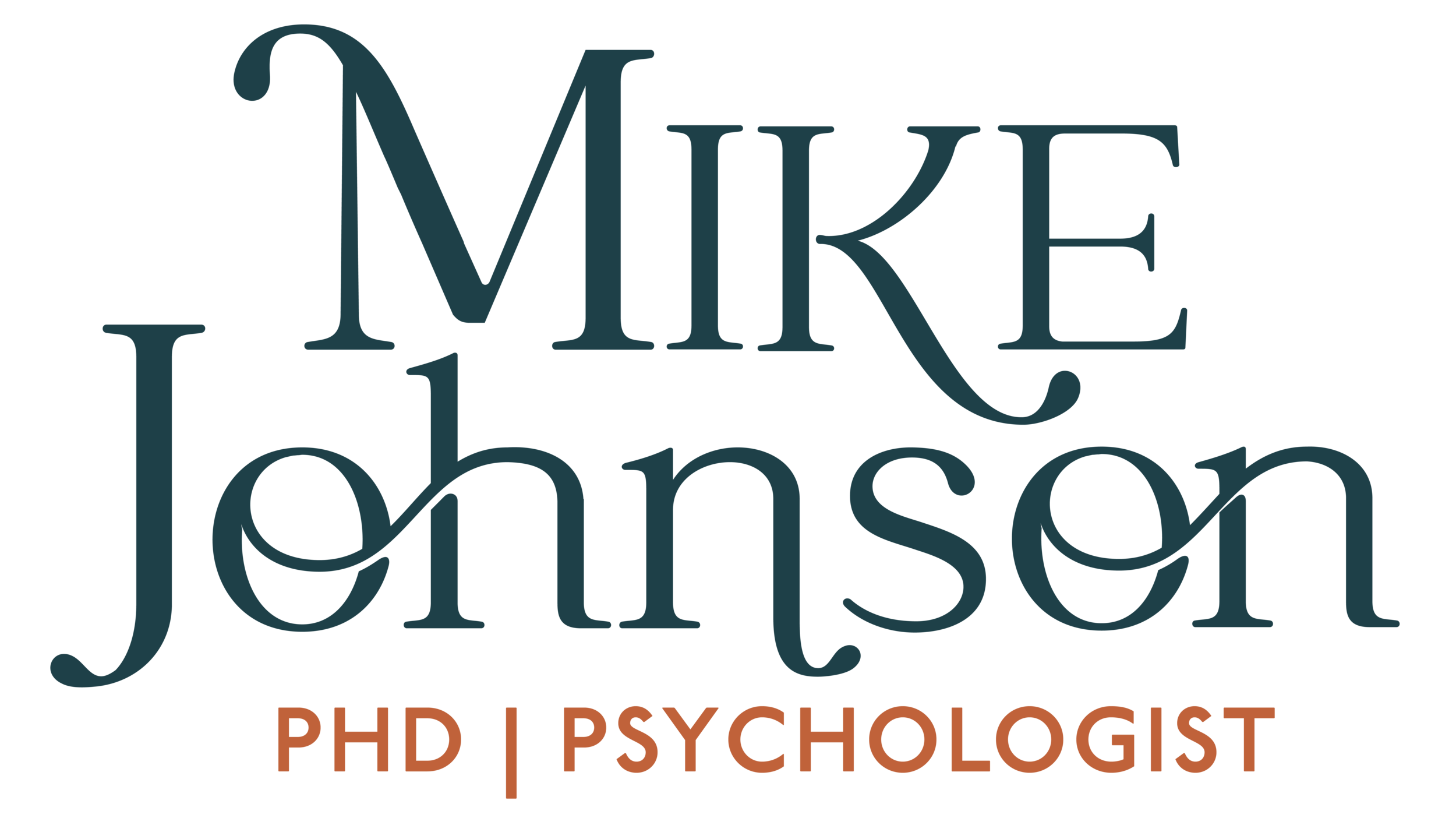Are you having a hard time getting motivated? Are you curious about what leads to greater self-motivation or how you can boost yours? Then you’re in luck. In this article, you’ll learn science-based tricks to boost your self-motivation.
Read MoreWhy do you do the things you do? Why did you brush your teeth this morning, go to work, or click on this article? And is it possible to change the way you behave?
As we will learn below, motivation underlies all of our behavior. Self-determination theory is a widely recognized framework for understanding motivation and the impact that different types of motivation can have on different aspects of well-being. Read on to learn the fundamental principles of self-determination theory and how to live a more self-determined life.
Read MoreEven though humility is sometimes interpreted to be low self-esteem, this is not really what it is. To be humble does not mean to have a low opinion of yourself, but rather to have an accurate opinion of yourself and to put your accomplishments into perspective. For example, it means acknowledging your strengths but not overemphasizing them (Templeton, 1997). In other words, it might be thought of as “a quiet ego” (Hill & Laney, 2016).
Read MoreAnother way to understand happiness is with the concept of eudaimonia, which combines eu (good) and daimon (spirit). Eudaimonia has been defined as a life well-lived or human flourishing.
Read MoreIt's human nature to fight for things that matter to us. We might long for the past, wish that someone we love hadn't left us, or hold onto anger from the times that we were treated unfairly. But holding onto things and people that we can no longer have isn't good for us. It keeps us stuck in memories of our past and prevents us from noticing and appreciating what we have now. So, let’s talk about how to let go of all the things that we tend to cling to—the past, anger, love, fear, and more.
Read MoreSelf-worth is essential to well-being. Why? Because your views of yourself not only affect how you feel; they also affect your thoughts and behaviors. When we feel bad about ourselves, we unconsciously act in ways that end up confirming our beliefs. For example, if we feel like we are not worthy of a good relationship, a good job, or financial stability, we stop pursuing these goals with the intensity required to reach them, or we sabotage ourselves along the way.
Read More





